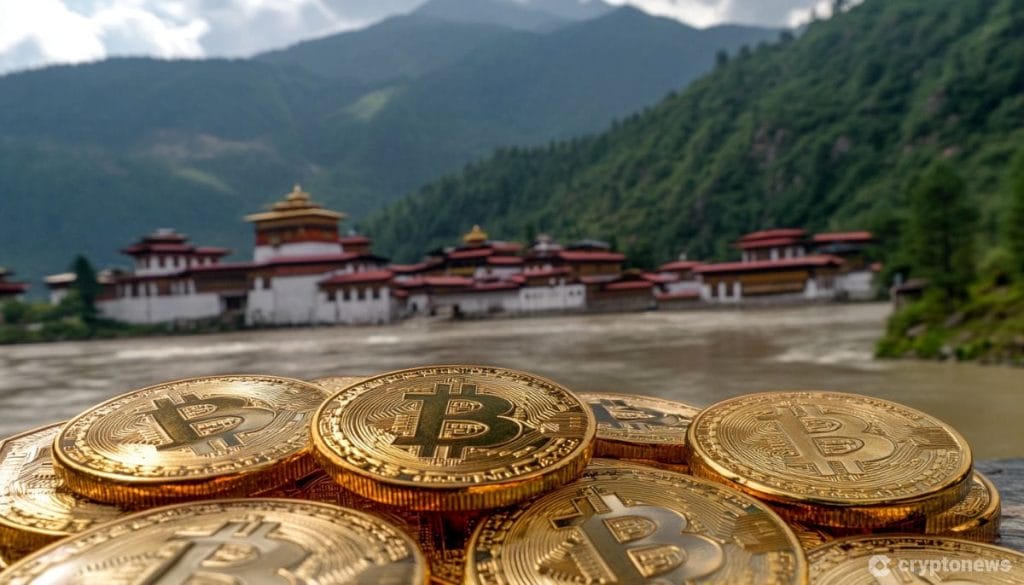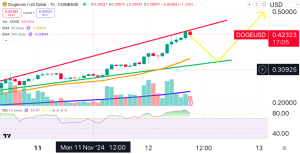Last updated:
 Why Trust Cryptonews
Why Trust Cryptonews

New data from Arkham Intelligence revealed on Monday that Bhutan’s Bitcoin holdings have crossed $1 billion, positioning the country among the top holders of cryptocurrency reserves.
Bhutan’s Path to Bitcoin Growth
This growth follows a surge in Bitcoin prices in 2024, which has helped propel the Royal Government of Bhutan’s cryptocurrency reserves to this milestone.
The country has actively mined Bitcoin since 2021, a strategy that has allowed it to grow its reserves despite Bitcoin’s price fluctuations.
Bhutan mines Bitcoin using hydropower from the Himalayan rivers, which provides energy for its mining operations. This accounts for over 25% of the country’s GDP.
So far, Bhutan has mined 13,011 BTC, making it the fourth-largest government holder of Bitcoin.
Bhutan’s growth places the country alongside nations like El Salvador, which has also embraced Bitcoin as part of its national reserve strategy.
Although El Salvador has publicly pledged not to sell its Bitcoin holdings, Bhutan’s approach appears to focus on flexible management.
While Bhutan has made substantial transfers, including a $65 million movement to Binance, it continues to expand its holdings as Bitcoin’s price increases.
State-Level Bitcoin Adoption on the Rise
Across the globe, more countries are considering adding Bitcoin to their national reserves.
Bhutan’s decision to mine Bitcoin and stockpile highlights how cryptocurrency can serve as a strategic asset for nations.
As seen in El Salvador and other Bitcoin-friendly countries, state-level adoption could support Bitcoin’s long-term stability and credibility.
Interest in Bitcoin has surged in 2024, largely driven by the SEC’s approval of several Bitcoin-related ETFs, which has increased accessibility for institutional and retail investors.
However, former President Donald Trump’s campaign promise to dismiss SEC Chair Gary Gensler and introduce more crypto-friendly regulations could further reshape the market, as seen in the skyrocketing of Bitcoin price to over $88,000.
If enacted, these changes may boost Bitcoin demand and spur wider interest across the entire cryptocurrency sector, potentially leading to a stronger, more regulated environment for Bitcoin and altcoins.
















